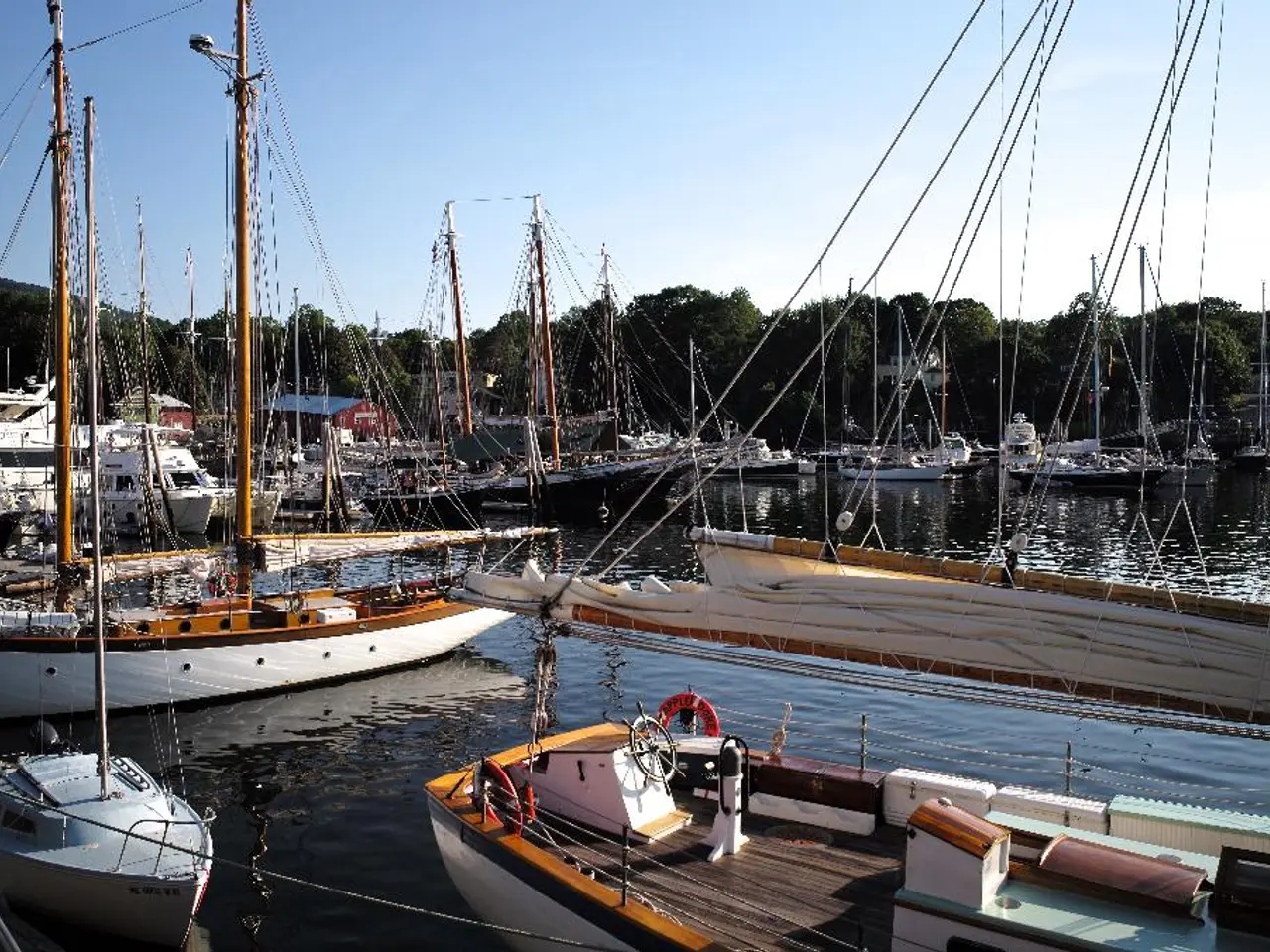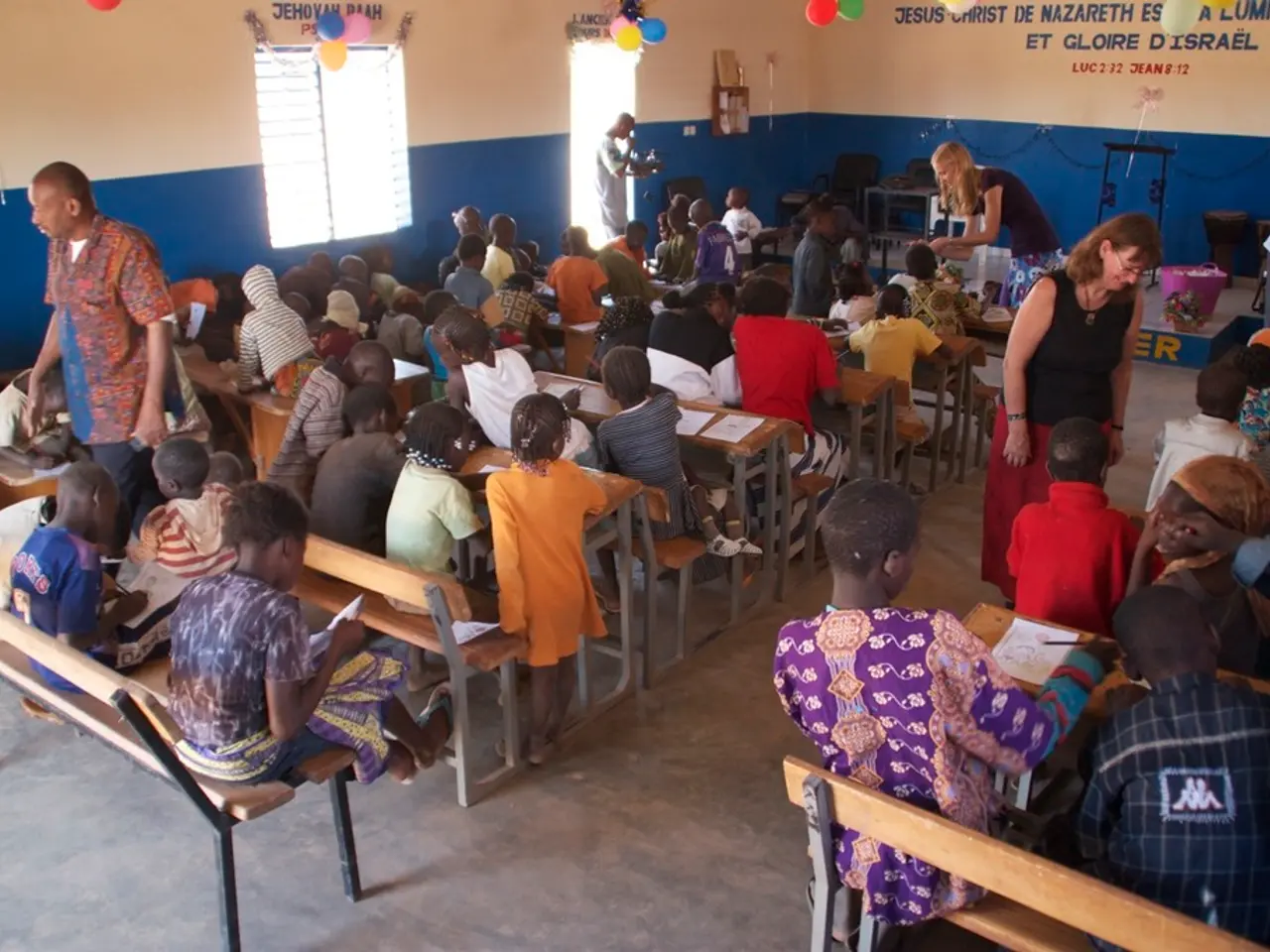Judgment from the Court of Justice has imposed challenges in categorizing Maghreb nations
The European Court of Justice (ECJ) has issued a landmark ruling that tightens the criteria for designating a country as a "safe third country" or "safe country of origin." This decision affects how EU member states classify countries, including those in the Maghreb region such as Morocco, Algeria, and Tunisia.
The ECJ's ruling specifies that a country can only be considered "safe" if it provides adequate protection to its entire population, without exceptions, including vulnerable groups like LGBTQ+ people. The designations must also be subject to effective judicial review, and the sources of information underpinning the classification must be transparent and accessible to both asylum applicants and the courts reviewing the decisions ([1], [2], [3]).
The implications of this ruling extend beyond the initial cases concerning Italy and Albania. Any third country designated as safe by EU states must now demonstrate that they offer full protection to all citizens. This means that national legislation or policy treating countries like the Maghreb as safe third countries must allow applicants to challenge that designation in court and provide transparent evidence supporting the safety status.
Given persistent concerns about human rights and protection gaps in parts of the Maghreb, the ECJ’s ruling strengthens the requirement that EU member states must carefully assess and justify including these countries on any safe country list, rather than assuming so by default. This could limit or complicate the use of accelerated border procedures against asylum seekers from these countries in the EU.
Roman Poseck, the Hessian Interior Minister (CDU), has stated that the ECJ ruling may impact the classification of Maghreb states. He believes the list of safe countries of origin can be expanded according to the ECJ decision and is confident that they can continue to work with safe countries of origin in a legally compliant manner in line with the ECJ decision.
The ruling applies to Germany, as a rule-of-law state in the EU, is bound by the rulings of the European Court of Justice. Roman Poseck does not see the upcoming European asylum law reform (GEAS) at risk due to the ECJ ruling. He also does not see the implementation of the European asylum law reform at risk due to the ECJ ruling.
Roman Poseck does not consider it worth lamenting about the potential impact of the ECJ decision on the AfD, a political party in Germany. He views the ECJ ruling as a confirmation of the categorization of safe countries of origin. He also considers the current list of countries classified as safe third countries, including Ghana, Senegal, and the Western Balkans, to be "unproblematic."
References: [1] https://curia.europa.eu/juris/document/document.jsf?text=&docid=220698&pageIndex=0&doclang=EN&mode=lst&dir=&occ=first&part=1&cid=129374 [2] https://www.reuters.com/world/europe/eu-court-rules-italy-wrong-to-send-back-asylum-seekers-albania-2021-05-13/ [3] https://www.dw.com/en/eu-court-rules-against-italys-albania-deportations/a-57901893
- The ECJ's decision on policy-and-legislation regarding safe third countries demands that EU member states, such as Germany, ensure transparent sources of information and allow for judicial review when designating countries like the Maghreb region as safe.
- Roman Poseck, the Hessian Interior Minister, supports the ECJ's ruling on politics and general-news concerning safe countries of origin, and sees it as a confirmation of the current list of countries, including Ghana, Senegal, and the Western Balkans, as unproblematic.








